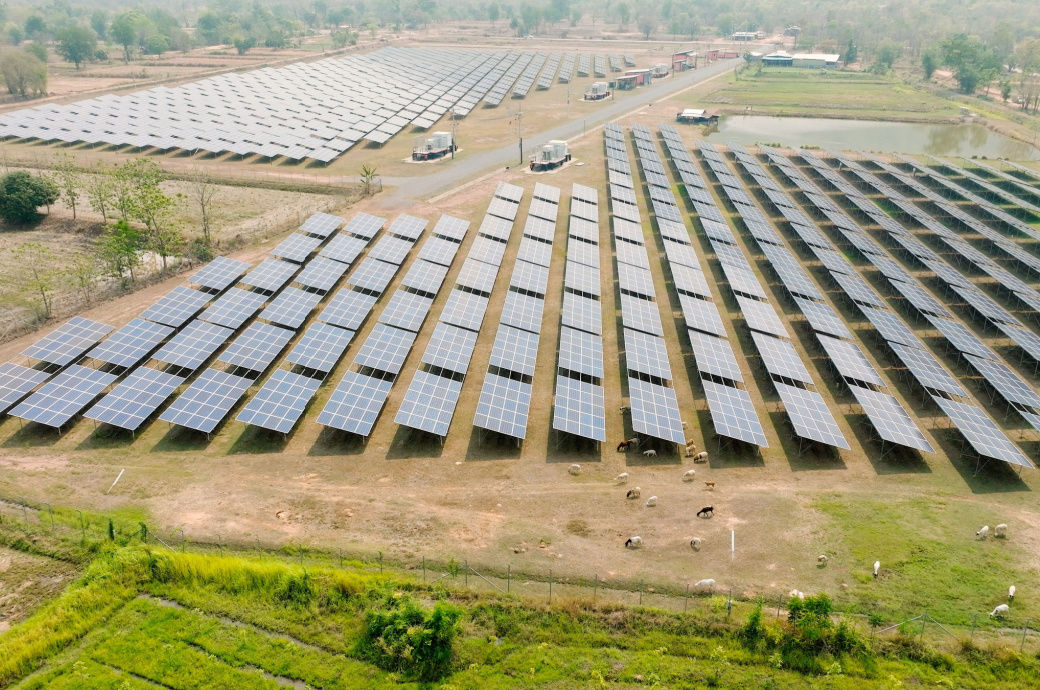
“A whole-of-government approach is needed to end the country’s high reliance on fossil fuels,” recommends the review report, calling for an updated net zero emissions reduction plan for 2050 to guide implementation across all parts of government.
A national energy and climate information system is also needed to track progress towards reaching these targets, it suggests.
Greater energy efficiency efforts in transport and residential buildings can help bring forward Australia’s peak in emissions and mitigate rising energy bills, it notes.
The review estimates that a 60 per cent productivity improvement would be needed for a net zero-aligned trajectory. The new National Building Code and the Electric Vehicle Strategy are critical steps forward in this regard.
Australia’s renewables deployment has a positive outlook thanks to the success of rooftop solar, ambitious targets, and increased funding at federal and state levels. Three million Australian households, the equivalent of one in three, have solar PV installations, together accounting for 17 gigawatts of capacity, the review notes.
Power sector decarbonisation efforts need to be stepped up considerably, as Australia aims to increase the share of low-carbon power generation by 2030—with 82 per cent to come from renewable energy, up from 27 per cent now. This will require an accelerated implementation of renewable energy zones, faster permitting of grid related projects, and additional coal retirements, the review says.
As Australia is exposed to frequent and extreme weather events, the energy sector will need to be more resilient to better cope with ever more disruptive storms, flooding, wildfires and heat waves, the review says.
Australia has yet to complete a comprehensive assessment of climate change impacts on the energy sector outside of electricity. A national-level energy sector plan that lays out future steps for climate resilience is needed.
Australia also has the potential to play a key role in providing critical minerals and new technologies for clean energy transitions globally, it adds.
ALCHEMPro News Desk (DS)
Receive daily prices and market insights straight to your inbox. Subscribe to AlchemPro Weekly!